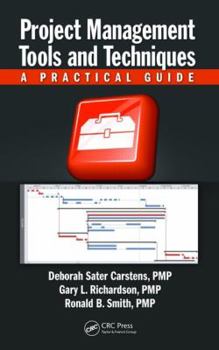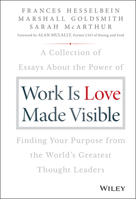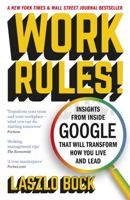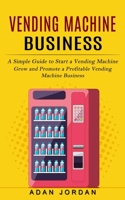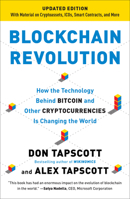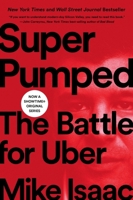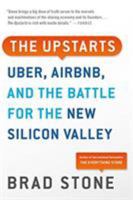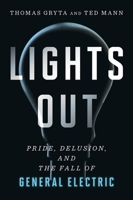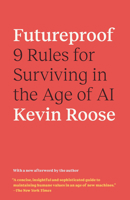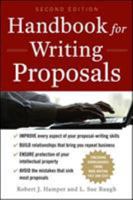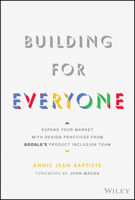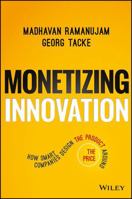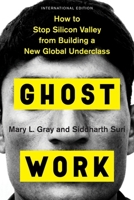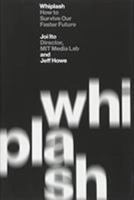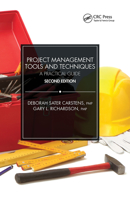Project Management Tools and Techniques: A Practical Guide
Select Format
Select Condition 
You Might Also Enjoy
Book Overview
A combination of art and skill that results in the balancing of project objectives against restraints of time, budget, and quality, effective project management requires skill and experience as well as many tools and techniques. Project Management Tools and Techniques: A Practical Guide describes these tools and techniques and how to use them, giving students the strong foundation they need to develop the skills and experience needed for a successful career in project management. The first five sections discuss a typical project life cycle, and beginning with an introduction to project management in terms of the role it plays in the organization and how a business case drives the process. From this starting point, the various planning and control-oriented techniques described evolve this process through the life cycle from scope development to completion. The final section closes the discussion with a group of more contemporary topics labeled "advanced." These are essential tools that need to be in wide use but are still evolving in practice. Most of the chapters supply sample questions and exercises to help with a review of the material. Each of the authors has extensive real-world experience in her or his respective professional areas with a combined experience of about 100 years. They have selected topics based on their valuation of the tool and its project management value. They present the material in such a way that the concepts can be applied to any project. Once this material is mastered, students will have a good overview regarding the basic planning and control actions required by a project manager. Also, this book will make a great reference guide that can be used by project managers and team members for years to come.
Format:Hardcover
Language:English
ISBN:1466515627
ISBN13:9781466515628
Release Date:April 2013
Publisher:CRC Press
Length:466 Pages
Weight:1.85 lbs.
Dimensions:1.1" x 6.2" x 9.3"
More by Deborah Sater Carstens
Customer Reviews
7 customer ratings | 5 reviews
There are currently no reviews. Be the first to review this work.











